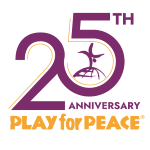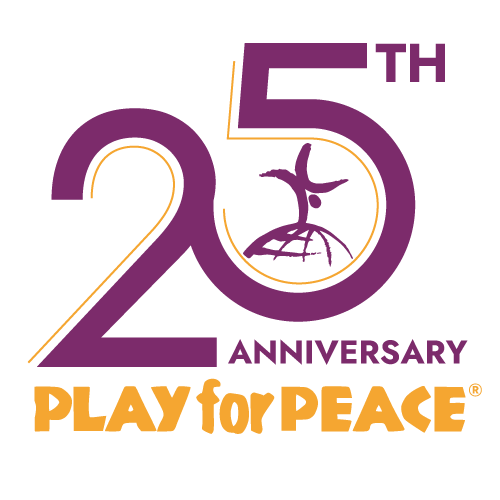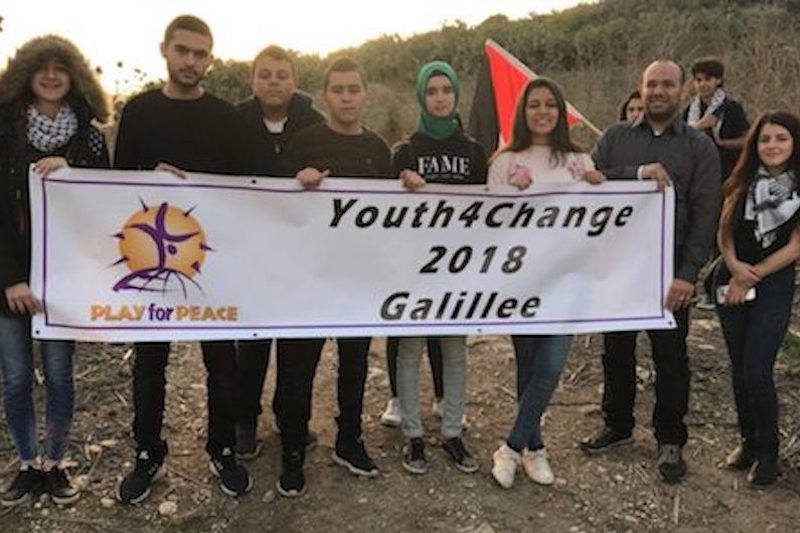“It is very important that different religions get involved with each other, so in the future we can avoid cases of racism from any side. Activities like the ones we are experiencing can help avoid misunderstandings because of differences.” –Marin, 16
Seventy years after Israel’s foundation, there is still ongoing violence and conflict between Israel and Palestine. While a political solution to the conflict is not in sight, many young Muslim, Christian, Jewish, and Druze people are tired of the fighting and are working together to bring peace to their communities.
In February 2018, community leader and Play for Peace mentor Sa’eed Diabat and his Play for Peace club, Youth for Change, organized a special two-day interfaith training for Christian, Muslim, and Druze youth leaders from the Galilee region. Taking place in an area where the violent consequences of ethnic, religious, and cultural conflict often make headlines, the training ignited cooperation among the group and laid foundation for further projects aimed at creating friendships across divides. For many of them, this is their first time working with members of a different religion—even though they have been neighbors their whole lives.
One participant from the training recalled, “The participating youth received additional skills, confidence in their leadership abilities, and a brighter understanding of the world around them. The children we are able to impact will have a deeper awareness of our core values and experience the joy of play with children of different backgrounds.”
Basil, a 16-year-old Muslim, also saw the value of working in this diverse group. “The activities we experienced were very exciting and helped us to develop more skills to get to know and connect to the people around us—and act together,” he said.
Knowing there was no time to spare, the newly formed group connected with volunteer peace activists who believe in shared living spaces for Palestinians and Jews in the Holy Land. For the past 15 years, this group has organized the annual Nakbah-Atzmaut Gathering, which invites members of Israel’s Jewish and Arab population to spend a day of peace together. The organizers saw great potential in inviting youth leaders from Play for Peace to bring cooperative play activities to children of participating Muslim, Christian, and Jewish families—many who rarely have the opportunity to meet children of different religions or cultures due to fear and separation. As a result, more families with children participated, getting to know each other while playing games and creating art together.
“These Play for Peace activities are unique in that they create a bond among the participants in a seamless and enjoyable way. They help connect us as ‘humans’ before we think about any differences we might have,” said a participant from the activity.
Sa’eed Diabat was very satisfied with both the Interfaith Seminar and the value that his group brought to the Nakbah-Atzmaut Gathering.
“There were difficulties and there were challenges in organizing and handling these activities, but the most important thing was that children, youth leaders, and parents saw that it is possible to communicate with each other, even without speaking the same language.”



